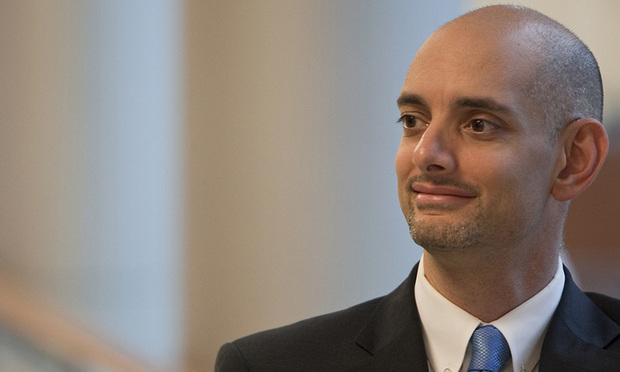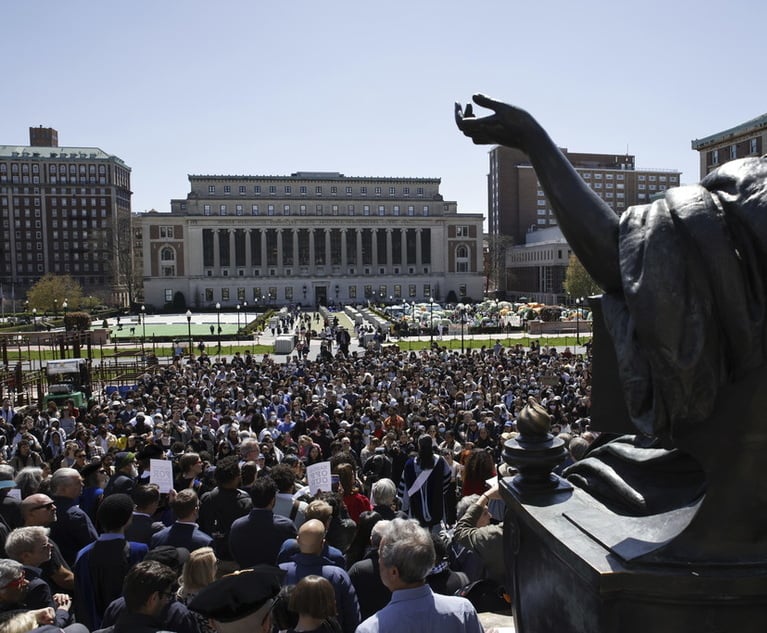Pour one out for Concurring Opinions, the group law professor blog that has been kicking around since 2006.
The blog will shutter Dec. 31, though the authors hope to preserve the archives. Concurring Opinions was among the first group law professors blog to emerge in the 2000s, when the new medium offered academics a much quicker way to disseminate their ideas than traditional law review publications. But blog participation among the core group of seven authors waned over time. Gerard Magliocca, a professor at Indiana University Robert H. McKinney School of Law, has written the vast majority of Concurring Opinions’ posts over the past year and plans to continue blogging at Balkinization. Law.com caught up with Magliocca Thursday to discuss why Concurring Opinions is closing shop and whether legal blogs of its ilk have a future in a world dominated by Twitter, Facebook and podcasts. His answers have been edited for length and clarity.

 Gerard Magliocca (Courtesy photo)
Gerard Magliocca (Courtesy photo)








